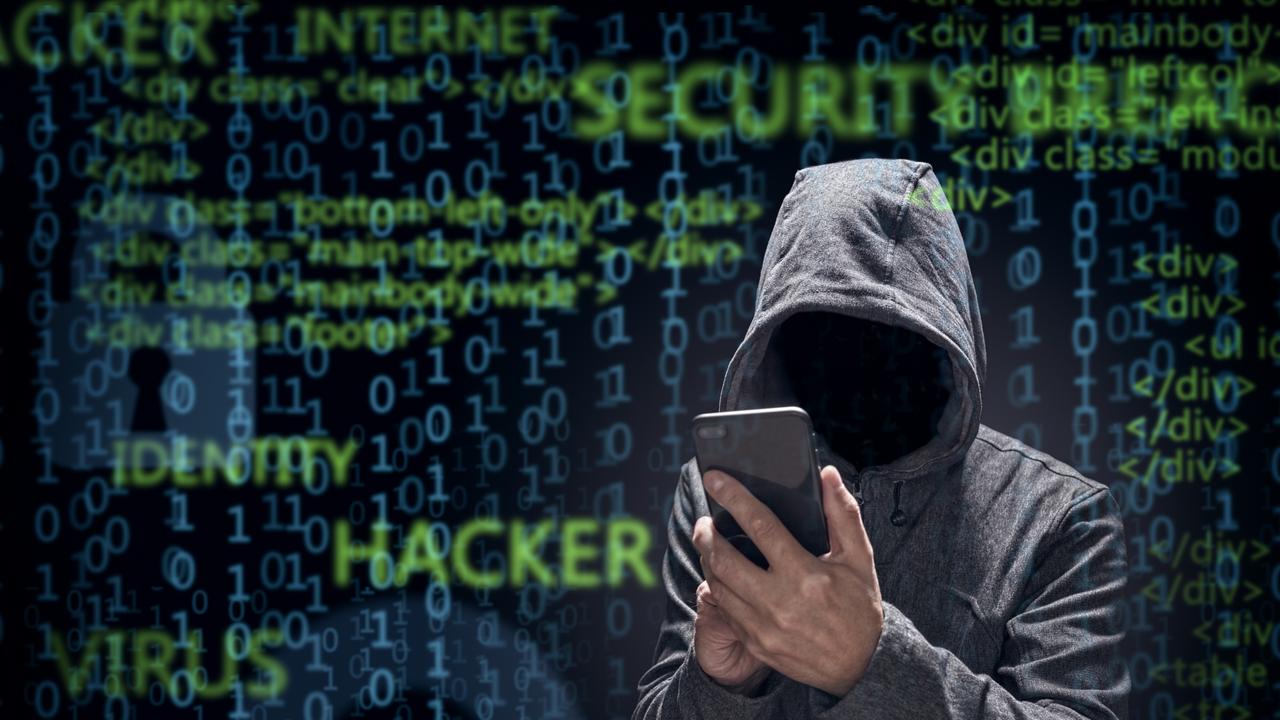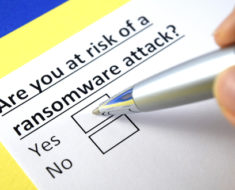
What happens if your data is leaked?
If your data is leaked, it means that it has been exposed to unauthorized individuals. This can happen in a number of ways, such as through a cyberattack, a data breach, or a human error.
Once your data is leaked, it can be used for a variety of malicious purposes, such as identity theft, fraud, and blackmail. Hackers can use your personal information to open credit cards in your name, steal your money, or even take over your online accounts.
Your financial data can be used to make unauthorized purchases, and your medical data can be used to commit insurance fraud or identity theft. Even your browsing history can be used to track your online activity and target you with advertising.
What is the first step you should take after a data breach occurs?
If you find out that your data has been leaked or hacked, the first thing you should do is contact the company that was breached. They will be able to tell you what information was exposed and what steps you need to take to protect yourself.
You should also take steps to monitor your accounts for suspicious activity. This includes checking your credit report for unauthorized accounts, monitoring your bank statements for fraudulent charges, and changing your passwords for all of your online accounts.
You should also consider placing a fraud alert on your credit report. This will make it more difficult for someone to open a new account in your name.
How to protect your data from being hacked or leaked:
- Using strong passwords and changing them regularly.
- Using two-factor authentication whenever possible.
- Being careful about what information you share online.
- Keeping your software up to date.
- Being aware of the latest scams and phishing attacks.
- Using a VPN when you are connected to public Wi-Fi.
By following these tips, you can help to protect your data from being hacked or leaked.
Dil Bole Oberoi





